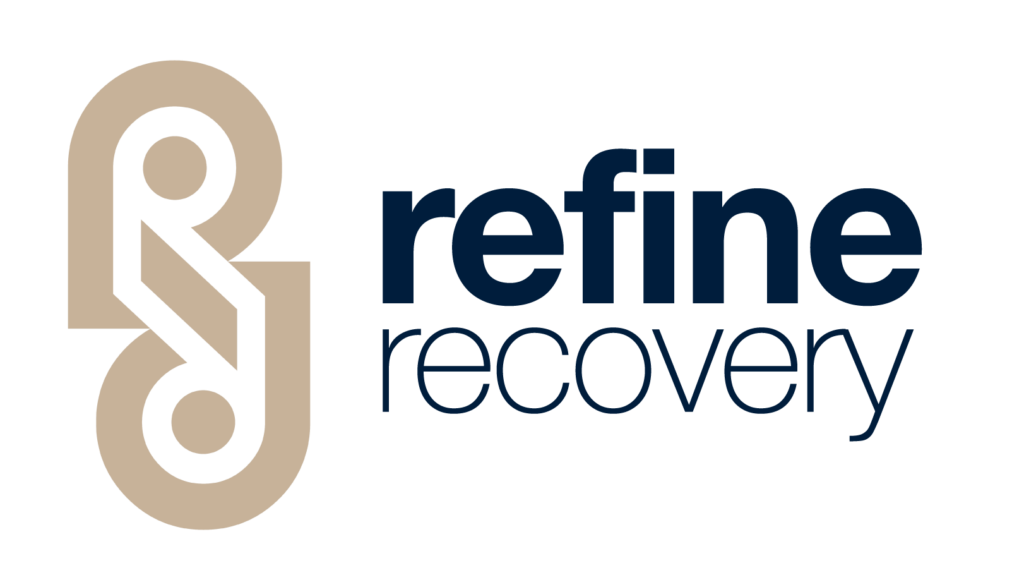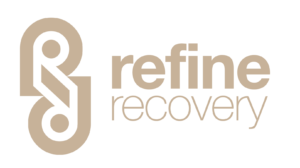Detoxification, or detox, is often the initial step in the continuum of addiction treatment care. Whether you are seeking substance abuse rehab for yourself or someone you love, you may wonder, “How does detox work in rehab?” Read on to find out how detox works on the path to addiction recovery.
What Is Detox?
Detox is the process by which the body is rid of all traces of drugs and alcohol. This is a necessary step to ensure that a person is physically stable and ready to begin addiction treatment and therapy.
When a person is addicted to drugs and/or alcohol, the body becomes used to having the substance(s) in its system. When the use of harmful substances is stopped altogether, the body and brain have to adjust to the sudden drop of the amount of the chemicals, leading to unpleasant symptoms that are often called “withdrawal symptoms”, which can be physical and psychological.
Physical Symptoms of Withdrawal Can Include:
- Restlessness
- Vivid, unpleasant dreams
- Nausea and vomiting
- Muscle and bone pain
- Diarrhea
- Excessive sweating
- Exhaustion and fatigue
- High fever and chills
- Flu-like symptoms
- Heart palpitations
- Headaches
- Shivering and shaking
Psychological Symptoms of Withdrawal Can Include:
- Paranoia
- Panic attacks
- Confusion
- Depression
- Anxiety
- Insomnia
- Agitation and irritability
- Intense cravings for the substance
- Difficulty concentrating
- Short-term memory loss
In the most severe of cases, a condition known as “delirium tremens” (DTs) can occur. Symptoms of DTs include:
- Elevated body temperature
- Rapid heart rate
- Extreme confusion
- Auditory and/or visual hallucinations
- Uncontrollable shivering/shaking
- Seizures
Once the process of detoxification begins, the majority of symptoms begin within 24 hours to 2 days and can persist up to 10 days. The amount of time a person experiences symptoms of withdrawal varies largely, depending on the substances used, the amount of time substances have been abused and the person’s physical and mental functioning.
How Does Detox Work In Rehab?
The process of detox in rehab is geared toward minimizing the negative impact of symptoms of withdrawal, making the detox experience as comfortable and safe as possible. The most effective form of detox is one that is both supported and medically assisted by trained specialists, usually taking place in a rehab facility.
When a person goes to detox, the first step is a medical assessment so an accurate picture can be built of the patient’s individual needs. Information is obtained on the person’s medical history and details about their addiction, including substances used and the duration of time that the person has been using, in order to develop a personalized treatment plan. Once the treatment program is developed, patients can expect to be coached on healthy eating and getting adequate sleep while detoxifying.
Medically-assisted detox is commonly used in rehab, which may include medications such as Dramamine, Tylenol, natural supplements, antidepressants and more. This treatment avenue uses medication to minimize the uncomfortable and sometimes life-threatening symptoms of withdrawal. It is often needed for substances such as opioids and alcohol, which can cause severe physical dependence, causing the person to be unable to function normally without taking the drug.
Detox in a rehab facility offers other benefits, including a supportive and comfortable environment, around-the-clock medical supervision, support for transitioning into the next phase of treatment and access to medications that help ease the withdrawal symptoms and cravings that are associated with the drug.
Why You Should Detox at a Rehab and Not at Home
Attempting to detox at home instead of in a medically-assisted detox program is risky for multiple reasons.
First of all, self-detox can lead to several complications. Slowed breathing, extremely high or low heart rates, seizures, convulsions or hallucinations can all lead to dangerous consequences if left untreated. According to the National Institute on Alcohol Abuse and Alcoholism, over 5 percent of people who attempt detoxification at home experience delirium tremens. Medication-assisted detox programs help prevent such symptoms from occurring through continual monitoring and clinical support.
The risk of relapse is higher for those who choose to detox at home as well. Many people return to using the substance in order to make the withdrawal symptoms go away. In these instances, risk of overdose is high, thus making at-home detox inherently less safe than medically-assisted detox.
Another issue during detox is that many people neglect their physical health during addiction and are not only suffering from nutrient deficiencies (that can lead to internal organ damage) but a lack of sleep. Lack of good hygiene is also not uncommon during active addiction. Each of these potential problems are addressed in detox, while at home they are not always recognized.
Detox in a rehab facility also equips patients to enter into a formal substance use treatment program. People who choose to detox at home are less likely to enter into addiction treatment programs.
Reach Out to Us Today at Refine Recovery
Coming to the realization that you have a substance abuse problem is difficult but necessary. At Refine Recovery, we understand how important a safe and comfortable detoxification process is at our drug and alcohol addiction center. We strive to fight against the disease of addiction with you in our safe and secure environment, run by trained medical staff. Get addiction help today by contacting our caring staff who are waiting with open arms.



